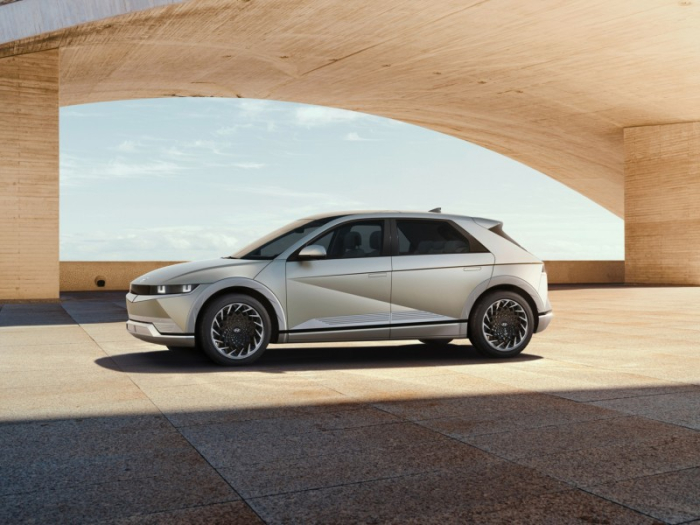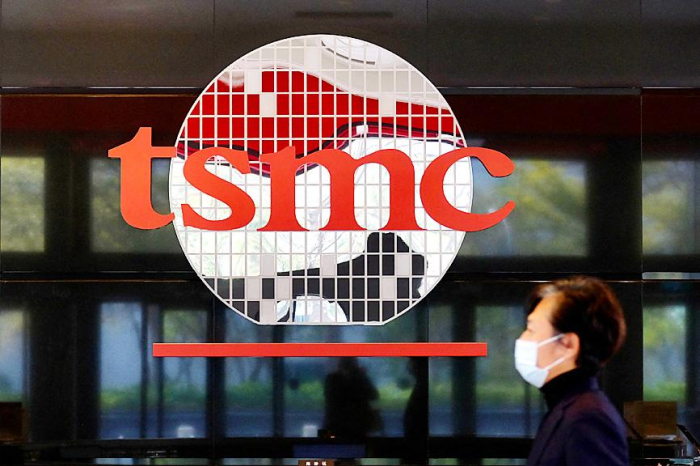Global automakers accelerate EV push as chip shortage eases
TSMC's decision to ramp up MCU chip production by 60% vs 2020 volume rejuvenates the global auto segment
By May 28, 2021 (Gmt+09:00)
LG Chem to sell water filter business to Glenwood PE for $692 million


Kyobo Life poised to buy Japan’s SBI Group-owned savings bank


KT&G eyes overseas M&A after rejecting activist fund's offer


StockX in merger talks with Naver’s online reseller Kream


Mirae Asset to be named Korea Post’s core real estate fund operator



Global auto companies are moving forward with their electric vehicle (EV) and other future mobility initiatives as the global semiconductor shortage begins to ease. Industry analysts say that the auto industry will see a rebound in earnings from the third quarter.
According to overseas media reports on May 28, General Motors Co. (GM) will resume operations of its factory in Lansing, Michigan as well as those in Canada and Mexico. These plants were halted due to the global chip shortage.
GM Korea’s Bupyeong 1 and Changwon plants will also start normal operations from May 31. The Bupyeong 1 plant has been operating at 50% of normal capacity since February, while the Changwon plant also reduced its operations by 50% in April.
Hyundai Motor Co. and Kia Corp. are likely to resume normal operations from June. Hyundai Motor’s Asan plant has restarted operations from May 27 and Kia has been running its domestic plants under normal conditions, except its Gwangmyeong 2 plant, which was halted May 18-19.
TSMC’s recent announcement to ramp up its production of microcontroller units (MCU), chips used for vehicles, by 60% from last year’s volume is also a positive news for the industry. Following the news, the stock prices of Hyundai Motor and Kia went up by 5.2% and 4.8%, respectively, on May 28.

Hyundai Motor Group said it also plans to manufacture a portion of the semiconductor chips in-house in the long run.
ALL MAJOR PLAYERS ON COURSE FOR QUICK EV TRANSITION
While slowly coming out of the chip shortage, the major players in the global auto industry are making fast transitions toward EVs.
Ford Motor Company on May 26 said that EVs will take up 40% of its annual production volume by 2030. To this end, Ford will invest $30 billion by 2025.
Also, earlier this month Ford signed an agreement with South Korea’s SK Innovation to launch a $5.3 billion EV battery joint venture in the US.
Other global makers from different corners of the world, including GM, Volkswagen, Renault as well as the luxury automobile manufacturer Lamborghini have recently made public plans to strengthen their EV offerings.
Hyundai Motor Group is also expanding its EV lineup and reducing combustion engine models. Reuters reported on May 28 that the group will slash the number of its combustion engine models by 50% moving forward.
Following the success of its dedicated EV, IONIQ 5, Hyundai Motor will launch IONIQ 6 in 2022 and IONIQ 7 by 2025.
Kia, which will start delivery of its EV6 model from the second half of 2021, plans to offer seven EV models by 2026.
Write to Byung-uk Do and Hyung-kyu Kim at dodo@hankyung.com
Daniel Cho edited this article.
-
 Carbon neutralityHyundai Motor chairman vows to go carbon neutral, stresses electrification
Carbon neutralityHyundai Motor chairman vows to go carbon neutral, stresses electrificationMay 25, 2021 (Gmt+09:00)
2 Min read -
 Market resilienceWith chipmakers in full gear, Hyundai Motor poised for rebound
Market resilienceWith chipmakers in full gear, Hyundai Motor poised for reboundMay 18, 2021 (Gmt+09:00)
3 Min read -
 EarningsHyundai Motor Q1 net profit triples; chip shortage dims Q2 outlook
EarningsHyundai Motor Q1 net profit triples; chip shortage dims Q2 outlookApr 22, 2021 (Gmt+09:00)
4 Min read -
 Semiconductor shortagesChip shortage worsens, keeps Samsung execs on edge
Semiconductor shortagesChip shortage worsens, keeps Samsung execs on edgeApr 19, 2021 (Gmt+09:00)
3 Min read -
 Factory suspensionGM Korea to halt 2 main plants next week on automotive chip shortage
Factory suspensionGM Korea to halt 2 main plants next week on automotive chip shortageApr 15, 2021 (Gmt+09:00)
2 Min read -
 Chip shortagesGM Korea to curb production as global chip shortages worsen
Chip shortagesGM Korea to curb production as global chip shortages worsenJan 22, 2021 (Gmt+09:00)
3 Min read


